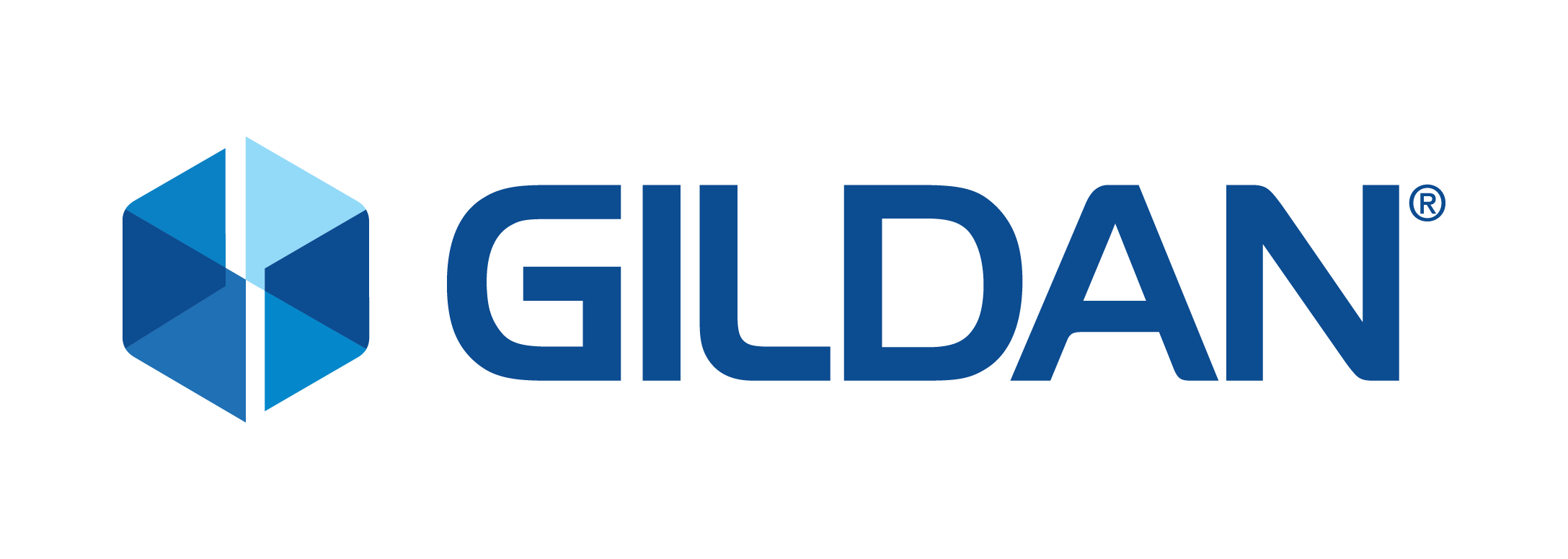How Gildan Is Setting the Bar in Bangladesh
Q&A with Alquimedes George, Vice President and Country Manager at Gildan

Over the past decade, Gildan’s vertically integrated facility in Dhaka, Bangladesh has been setting the bar in the region’s garment manufacturing industry. After the Company acquired the facility locally, it soon embarked on a journey to bring the facility up to its own industry-leading standards and practices, and thanks to Gildan’s ongoing investments and commitment to manufacturing excellence, the facility has been enhanced with state-of-the-art systems and processes over the last number of years. In 2019, Gildan announced an expansion project to develop a large multi-plant manufacturing complex expected to house two new large textile facilities and accompanying sewing operations. The expansion will help service international markets, support growth, and diversify Gildan’s manufacturing network.
To learn more about the journey that brought Gildan’s fully-equipped textiles and sewing facility to where it is today, we sat down with Alquimedes George, Vice President and Country Manager, to hear him share what it was like to help lead the facility’s integration while discussing the role played by Gildan’s strong environmental, social, and governance (ESG) practices. Read what he has to say:
Can you tell us how you came to lead Gildan’s Bangladesh operations?
I joined Gildan 17 years ago as a Quality Assurance Manager for our sewing operations in the Dominican Republic. With the expansion of our Caribbean hub, I was then promoted to Quality Assurance Director. After spending four years in this position, I became Director of Engineering and Maintenance in the Dominican Republic. The exposure I received working in these positions gave me better business insights and equipped me with the core competencies for eventually being transferred to our Bangladesh hub in 2011 as Director of Manufacturing.
Today, my responsibility is to lead our fully integrated Bangladesh operations. In addition to overseeing manufacturing, distribution, and the procurement of raw materials, this position requires me to also manage labour processes in accordance with government regulations and Gildan’s standards.
Can you explain what the transition process was like when you moved from the Caribbean to our hub in Bangladesh?
Acclimatizing to my host country took some time. At first, it was challenging to get used to a completely new culture and way of life. Even the business environment and mindset in Bangladesh were vastly different from what I was accustomed to. But with the support of my colleagues at Gildan, alongside my patience, resilience, and willingness to adapt and evolve, I eventually grew to see this place as my second home.
What differentiates Gildan’s operations from others operating in the region?
To start, it’s important to highlight that most manufacturers in the region are far smaller in scale and primarily operate as contractor facilities hired by international brands to fulfill their orders. Gildan stands out because of our longstanding history and international presence in the industry. In fact, we’ve been manufacturing clothes for over 35 years in facilities that we directly own and operate, which means that our expertise began far earlier than many other manufacturers. Over the decades, we have refined our craft through our direct supply chain control, and we now have an unprecedented ability to operate with strong oversight under leading international standards – something that sets us apart from other manufacturers in the region. This has also equipped us to take the utmost diligence when it comes to operating responsibly: We have made ongoing investments into sustainability, innovation, and the development of well-established programs to ensure a higher standard of safety and labour practices.
Another thing that makes Gildan stand out is our leading environmental, social, and governance practices and stringent Code of Conduct, which together reinforce our compliance with all local and international labour standards. This is something that may be a challenge for other manufacturers in the region.
What is the perception of Gildan locally?
Gildan is seen as an employer of choice in the region because we are one of few multinational companies operating a garment facility in Bangladesh. In fact, because we are seen as a desirable employer here, we often have long lines of job seekers waiting outside our facility to drop off their applications. Many of these job seekers are motivated to join Gildan because of our reputation of maintaining leading manufacturing practices and operating innovative facilities, as well as applying consistently high social and environmental standards.
What were some of the steps required to align the Bangladesh facility with Gildan’s Code of Conduct after the acquisition?
One of the most important things we needed to do was deliver the necessary Code of Conduct training to all our staff and personnel so that we could begin aligning these facilities with our Company standards and the standards set forth by the Fair Labor Association (FLA), International Labour Organization (ILO), and Worldwide Responsible Accredited Production (WRAP). These trainings began back in 2010 when we started our operations in Bangladesh, and they have been ongoing ever since.
We also needed to invest in structural upgrades to ensure that our facility and its manufacturing processes and procedures complied with our Code of Conduct and international standards. For example, we made an investment of more than $1.5 M towards our facility and its fire systems to ensure that our work environment remains as safe and secure as possible.
Beyond that, we’ve also made it our priority to further reinforce our facility with state-of-the-art features to ensure that it operates sustainably and efficiently. Over the years, we’ve invested in a wastewater treatment plant, building enhancements, and safety equipment, and to date, these investments have amounted to approximately USD $5 million.
What is an initiative that you have locally to reinforce the importance of health and safety?
Beyond the ongoing investments we make to reinforce health and safety in our facilities, Gildan has also implemented an initiative called the Safety Week Campaign, a special week-long event that invites employees to participate in trainings, contests, and other activities. With this campaign, we aim to spread awareness by teaching and empowering employees on safety and best practices in the workplace.
Can you talk about Gildan’s expansion project and how your team is preparing to welcome the new workforce?
Gildan’s expansion project in Bangladesh is an exciting one that will quadruple the number of people we employ in the region, and significantly expand our production capacity enhancing our ability to service both the European and Asian markets. As we get ready to grow, our priority is to continue developing and promoting internal talent to higher positions. Beyond that, we’re also focusing on recruiting new talent to further strengthen our teams. We are currently in the process of implementing several organizational development initiatives to reinforce our position as an employer of choice, where our new workforce will have the ability to work in a highly efficient, state-of-the-art facility with the highest ethical, safety, and labour standards.
How does Gildan contribute to the local community?
Since 2017, Gildan has actively partnered with Room to Read, an organization dedicated to creating positive impacts through supporting literacy and education. Specifically, Gildan has invested in its Girl’s Education Program, which seeks to transform the lives of girls in Bangladesh through enhanced education aimed at breaking down gender barriers. In 2019, we were able to help deliver this program to 173 girls, and we are again looking forward to collaborating with Room to Read this to continue supporting gender equality in our communities. Beyond that, we are also in the process of looking for new organizations to partner with so that we can expand on our support of women in the community through investing in their personal and professional development.
We also help our communities by investing in new infrastructure in the surrounding regions. For example, through our new expansion project, we invested approximately $150,000 into creating a new road for the community located just north of our project.
What has been the most rewarding thing about working on these projects in Bangladesh?
The most rewarding thing for me has been to see this hub grow over the years and how it has allowed us to bring wonderful work environments to the community. It is very fulfilling to see the smiles on the faces of our employees when I walk through our facilities, and I feel proud of Gildan’s dedication to operating with excellence and providing workplaces that are safe, healthy, and empowering.

